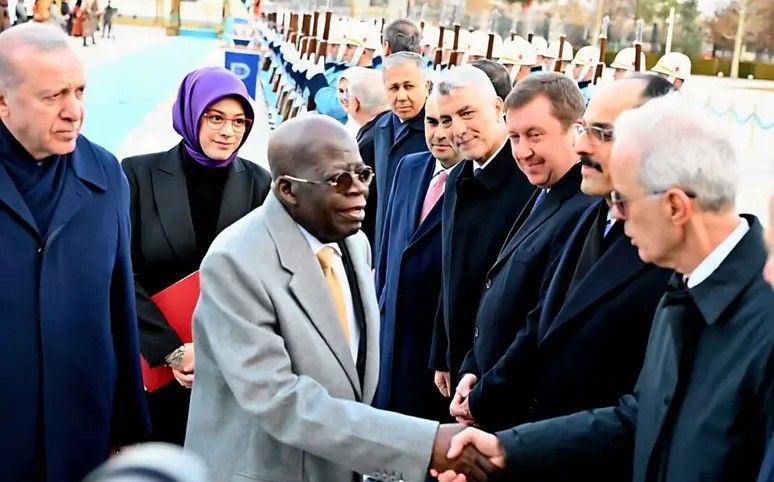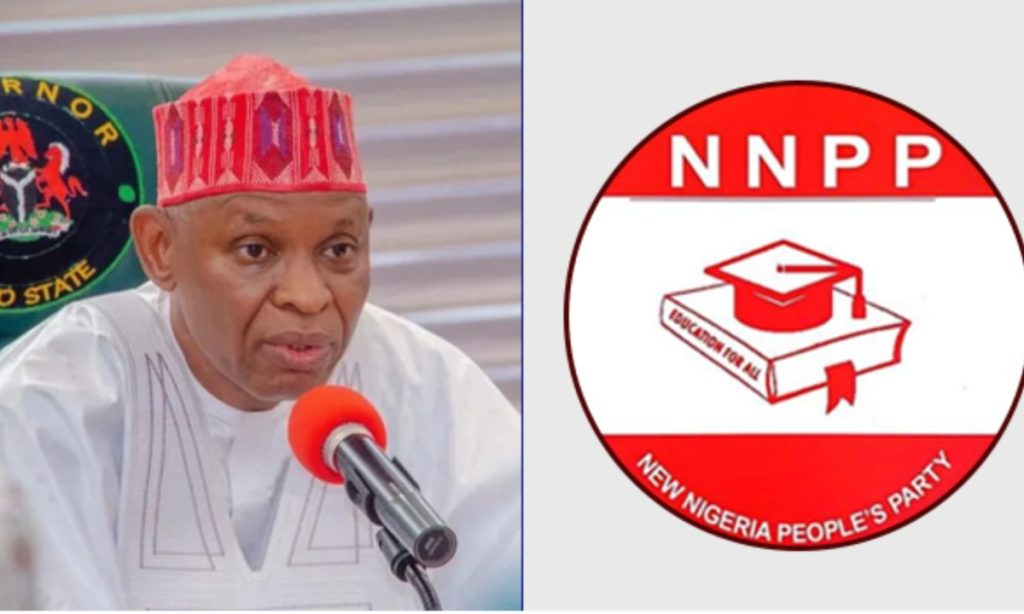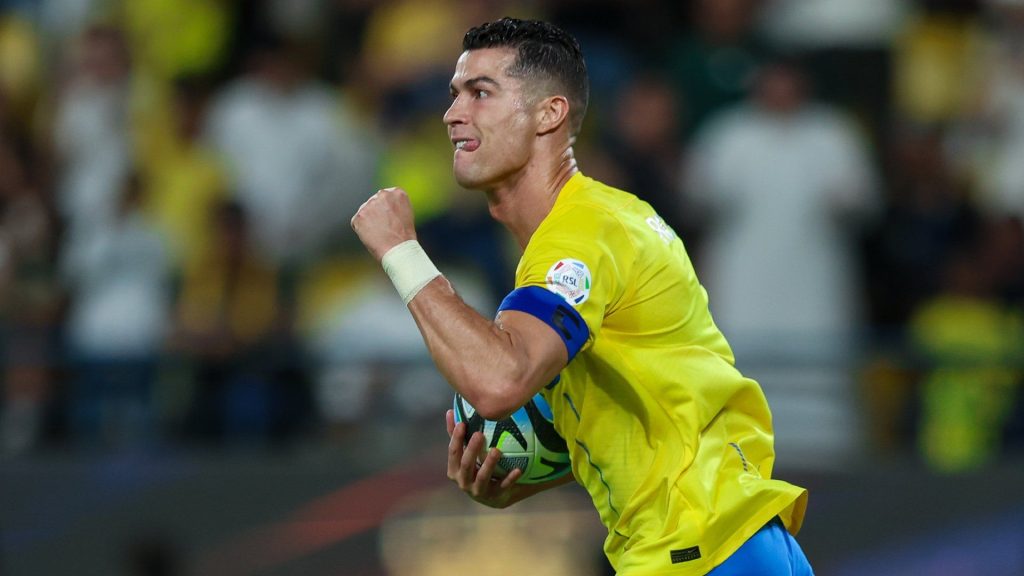In a significant political development, South Africa’s new coalition government has united President Cyril Ramaphosa’s African National Congress (ANC) with the Democratic Alliance (DA), a white-led opposition party. This alliance, while symbolizing a stride towards national unity, has also rekindled racial tensions in a country still grappling with the legacies of apartheid.
Historical Context and Coalition Dynamics
The power-sharing agreement, finalized after the ANC’s landmark election loss on May 29, has necessitated this coalition. The ANC, renowned for liberating South Africa from apartheid in 1994 under Nelson Mandela, now finds itself sharing power with the DA, which won the second-largest share of votes. The DA, with origins in liberal white parties that opposed apartheid, has faced ongoing scrutiny regarding its commitment to racial equality.
Public Reactions and Controversies
The coalition’s formation has evoked mixed reactions. Many Black South Africans remain uneasy about a white-led party’s return to power, given the deep-seated scars of apartheid. This sentiment was exacerbated when DA lawmaker Renaldo Gouws was suspended over racist remarks made in a decade-old video, prompting further distrust.
The ANC’s ally, the Congress of South African Trade Unions, criticized the DA for being “soft on racists,” urging the party to address these issues to gain acceptance from ordinary South Africans. DA leader John Steenhuisen countered by asserting the party’s broad support across racial lines, though the departure of its last Black leader in 2019 raised questions about its inclusivity.
Opposition and Political Rhetoric
Opposition from parties like the Economic Freedom Fighters (EFF) and the MK Party, led by former President Jacob Zuma, has been fierce. They argue that the coalition strengthens “white monopoly power” and does not address the enduring economic disparities faced by the Black majority. EFF leader Julius Malema, known for his provocative rhetoric, underscored the persistent poverty and inequality that disproportionately affect Black South Africans.
The Path Forward
President Ramaphosa, in his inauguration speech, acknowledged the enduring “toxic” divisions and emphasized the coalition’s potential to revive Nelson Mandela’s vision of racial reconciliation. ANC Secretary-General Fikile Mbalula echoed this sentiment, emphasizing the coalition’s goal of national progress, regardless of racial dynamics.
As South Africa navigates this new political landscape, the coalition government faces the dual challenge of fostering unity while addressing the deep-rooted socio-economic inequalities that continue to shape the nation’s reality.



